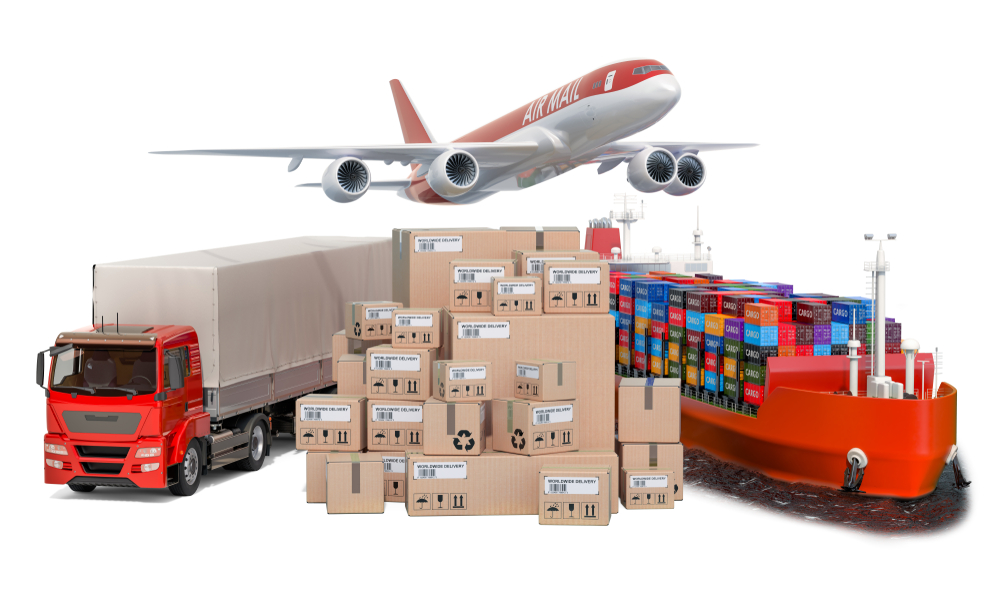Choosing the Right Business Shipping Service to Meet Your Needs
Every successful business, whether it’s a small e-commerce shop or a large multinational corporation, depends on efficient shipping to meet customer expectations and maintain smooth operations. The right shipping service can help you deliver products faster, reduce costs, and build trust with your clients. However, with so many options in the market, selecting the right partner can feel overwhelming.
If you want to simplify your logistics and ensure your shipments arrive safely and on time, partnering with a professional Business Shipping Service is an excellent way to streamline your processes and gain access to the expertise you need. This article will guide you through the key factors to consider when choosing a shipping solution that aligns with your business goals.
Assess Your Shipping Volume and Frequency
The first step in choosing a shipping service is understanding the volume and frequency of your shipments. Consider:
- How many orders you ship per week or month
- The average size and weight of your packages
- Seasonal fluctuations or peak periods
High-volume shippers often benefit from negotiated rates, dedicated account management, and custom solutions. In contrast, businesses with lower shipping volumes may prefer flexible plans without long-term contracts.
Define Your Delivery Speed Requirements
Speed is a critical factor that can influence customer satisfaction and purchasing decisions. Some businesses need same-day or next-day delivery for time-sensitive products, while others can rely on standard ground shipping.
Look for shipping providers that offer a range of options, such as:
- Express and overnight delivery
- Economy services for cost-effective shipping
- Scheduled deliveries to meet customer availability
A provider with flexible delivery speeds can adapt to changing demands and help you stay competitive.
Evaluate Geographic Coverage
Not all shipping companies cover the same regions or countries. Review each provider’s service map to ensure they can handle:
- Local and regional deliveries
- Interstate shipments across Australia
- International exports and imports
If your business plans to expand into new markets, you’ll want a shipping partner with the infrastructure and experience to support that growth.
Understand Pricing and Fee Structures
Shipping costs have a significant impact on your bottom line. When evaluating pricing, ask providers for detailed quotes that include:
- Base shipping rates
- Fuel surcharges and handling fees
- Insurance costs
- Customs clearance charges (for international shipments)
Some shipping companies offer volume discounts or fixed-rate programs to help businesses control costs. Be sure to compare total costs rather than focusing only on base rates.
Check for Advanced Technology and Tracking
Technology is essential for efficient, transparent shipping operations. Choose a provider that offers:
- Online booking and shipment management portals
- Real-time tracking for you and your customers
- Automated notifications and delivery updates
- Integration with your e-commerce or inventory systems
These tools help you monitor shipments, resolve issues quickly, and provide a better customer experience.
Review Insurance and Risk Management Options
Shipping inherently involves risk, including damage, loss, or delays. Ask each shipping service about their insurance offerings and liability coverage.
Make sure you understand:
- What is covered under their standard liability
- When additional insurance is recommended
- How to file claims for lost or damaged items
Reliable insurance options give you peace of mind and protect your business financially.
Evaluate Customer Support and Communication
When problems arise, responsive customer service is invaluable. Consider:
- Whether you will have a dedicated account manager
- Availability of support (business hours, 24/7 helplines, live chat)
- Average response times to inquiries and issues
A shipping partner that prioritizes clear communication will help you minimize disruptions and keep customers informed.
Consider Sustainability Practices
If your business has sustainability goals, look for providers committed to reducing their environmental footprint. This might include:
- Using low-emission vehicles
- Offering carbon-neutral shipping options
- Minimizing packaging waste
Sustainable shipping practices can strengthen your brand and appeal to eco-conscious customers.
Check Reputation and Reviews
Finally, research each shipping company’s reputation. Read reviews, request references, and look for case studies or testimonials. A proven track record of reliability and professionalism is one of the best indicators you’ve found the right partner.
Conclusion
Selecting the right business shipping service is about more than simply comparing prices. It requires a thoughtful evaluation of your shipping needs, budget, and growth plans. By focusing on coverage, technology, customer support, and sustainability, you can choose a partner that aligns with your business values and delivers consistent, reliable service. Taking the time to find the right fit today will set you up for smoother operations and happier customers in the long run.





